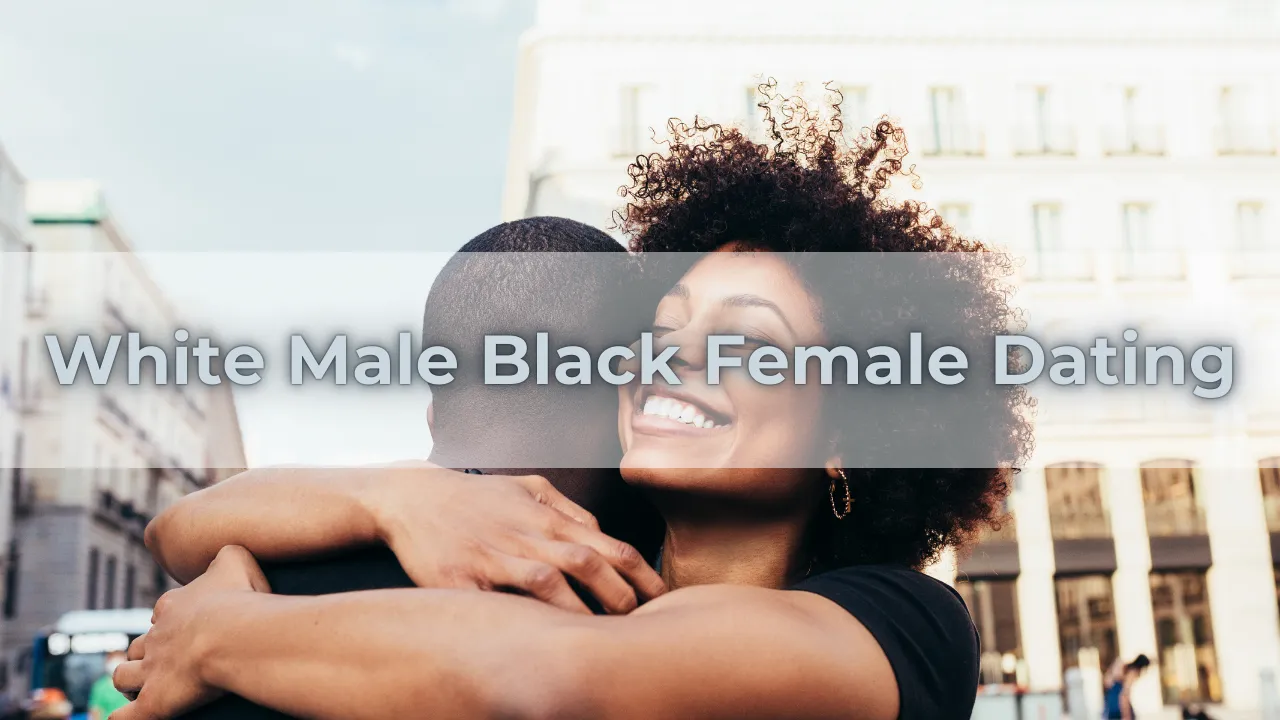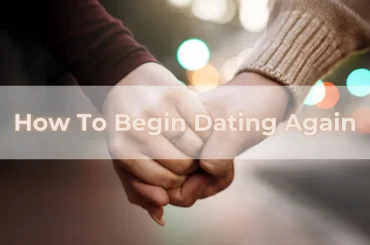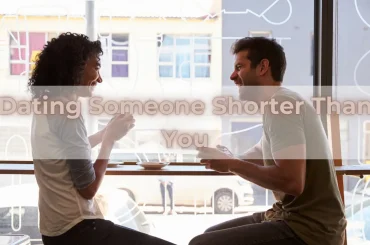In recent years, interracial dating has become increasingly common and accepted in many parts of the world. Among the different interracial couples, the dynamic between white males and black females is one that has garnered significant attention.
This relationship is unique in various ways, shaped by social, cultural, and historical influences. Despite the growing acceptance of interracial relationships, challenges remain, and the experiences of white male, black female couples can differ vastly depending on their environments.
Table of Contents
Historical and Cultural Context

The history of interracial dating, particularly between white men and black women, is complicated. For centuries, people of different races were kept apart by systems of racial segregation and discrimination, with black women often facing oppression and exploitation.
During slavery in the United States, black women were subjected to sexual violence and were often forced into relationships with white men, but their identities and desires were largely ignored. These historical legacies have left an indelible mark on how interracial relationships are perceived today.
The social stigma surrounding interracial dating, particularly involving black women and white men, still exists in some communities.
While progress has been made in terms of legal equality and social acceptance, racial biases can still affect how interracial couples are viewed, particularly in areas where segregation and racism are more ingrained.
Why is Interracial Dating Between White Men and Black Women Growing?
Several factors have contributed to the increase in white male, black female relationships. One significant aspect is the changing attitudes towards race and relationships, especially among younger generations.
As society becomes more diverse and multicultural, individuals are increasingly open to dating outside of their racial group.
Media representation has also played a role. Positive portrayals of interracial couples in TV shows, films, and advertisements have helped normalize these relationships.
Moreover, social media platforms have provided spaces where individuals can connect across racial lines, regardless of geographical boundaries.
Common Challenges Faced by White Male, Black Female Couples
While interracial relationships between white men and black women are more common today, they still face unique challenges. These challenges can stem from both external societal pressures and internal struggles related to cultural differences.
- Racial Stereotypes and Prejudices: One of the most significant hurdles is dealing with racial stereotypes. White men may face judgment for dating black women, and vice versa. Black women may be stereotyped as being “angry” or “difficult,” while white men may be perceived as fetishizing their partners. These stereotypes can create tension in relationships, especially when couples encounter judgment from friends, family, or strangers.
- Family and Social Pressure: In some cases, family members or friends may not support interracial relationships due to their own biases or prejudices. This can put a strain on the relationship, as couples may be forced to choose between their relationship and their familial or social ties. For black women, there may also be a sense of pressure to stay within the community, which can make dating outside of it feel isolating or even taboo.
- Cultural Differences: White male and black female couples may also experience differences in cultural background and upbringing, which can affect how they navigate their relationship. For instance, black women might have grown up with a strong sense of cultural pride and identity that may differ from their white partner’s background. These differences can lead to misunderstandings or friction unless both parties are open-minded and willing to communicate.
Benefits of White Male, Black Female Relationships

Despite the challenges, many white male, black female couples find their relationships to be enriching and fulfilling. One of the primary benefits is the opportunity for both partners to learn from each other’s cultural backgrounds.
This dynamic can deepen mutual respect and understanding, fostering a more inclusive and enriched worldview.
Additionally, these couples can contribute to breaking down racial barriers. By openly challenging traditional dating norms and showing that love knows no color, they become role models for others who may be hesitant to pursue interracial relationships.
Their union can challenge racial prejudices, making it easier for future generations to view relationships across racial lines as normal and acceptable.
Conclusion
White male, black female relationships are a microcosm of broader societal issues, particularly when it comes to race relations. While these relationships have their own set of challenges, they also provide an opportunity for both partners to grow together and contribute to a more inclusive society.
You Might Like: What Is A Mutual Breakup
As racial boundaries continue to break down, it’s essential to create space for all kinds of relationships, where love and respect for one another take precedence over societal expectations or racial constructs.
FAQs
Do white male, black female couples face more challenges than same-race couples?
Yes, these couples may face additional challenges due to societal prejudices, stereotypes, and family or community pressures. However, every relationship is unique, and the challenges they face will vary depending on individual circumstances.
Is interracial dating still frowned upon?
In many parts of the world, interracial dating has become more accepted, especially among younger generations. However, there are still areas where it may be frowned upon or stigmatized, particularly in regions with deep-rooted racial prejudices.
How can white male, black female couples overcome challenges in their relationship?
Open communication, understanding, and empathy are essential in navigating cultural differences and societal pressures. It’s important for both partners to educate themselves about each other’s cultures and backgrounds, as well as to support one another in the face of external challenges.







1 Comment
Pingback: Is Marriage A Private Affair? - Lovify